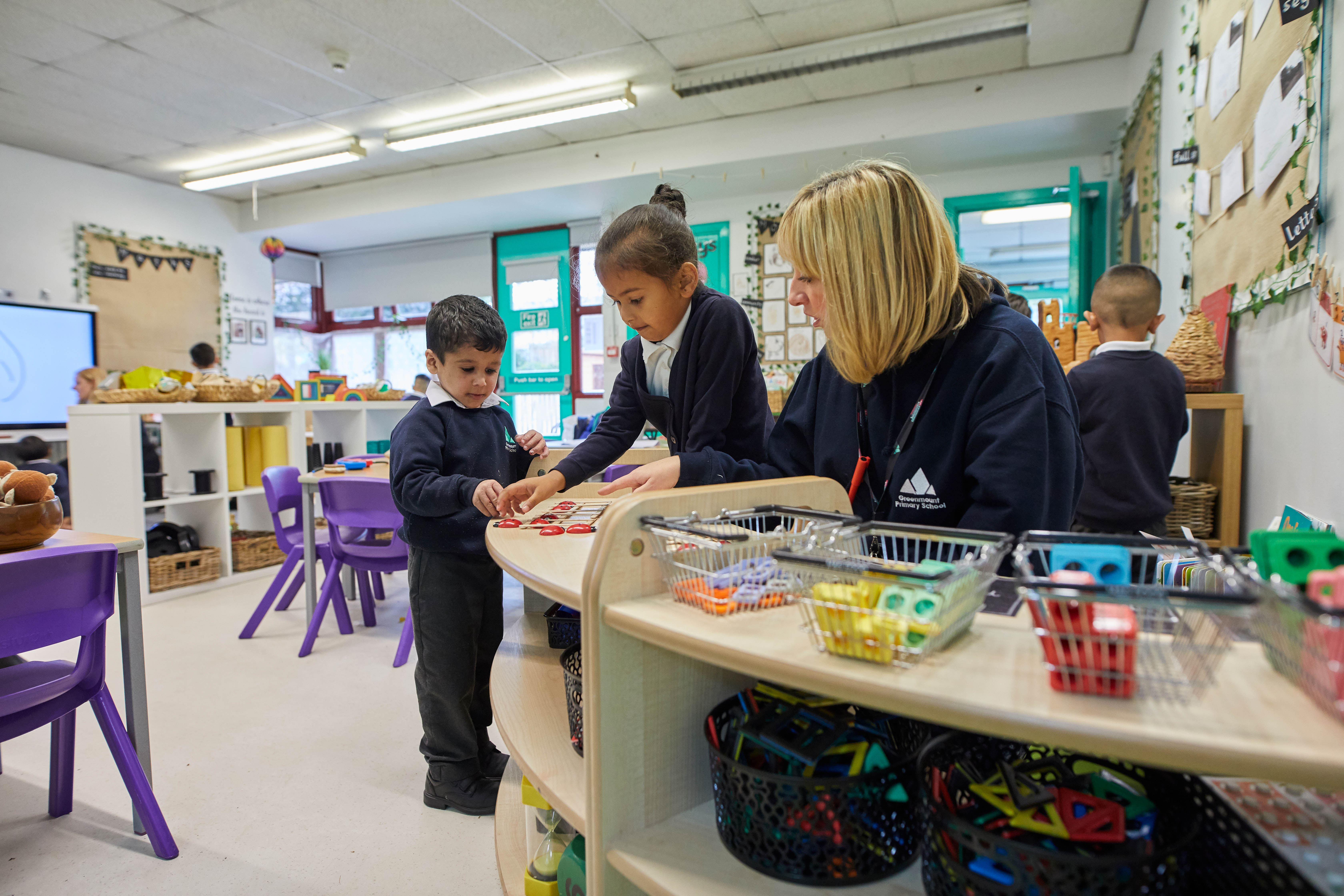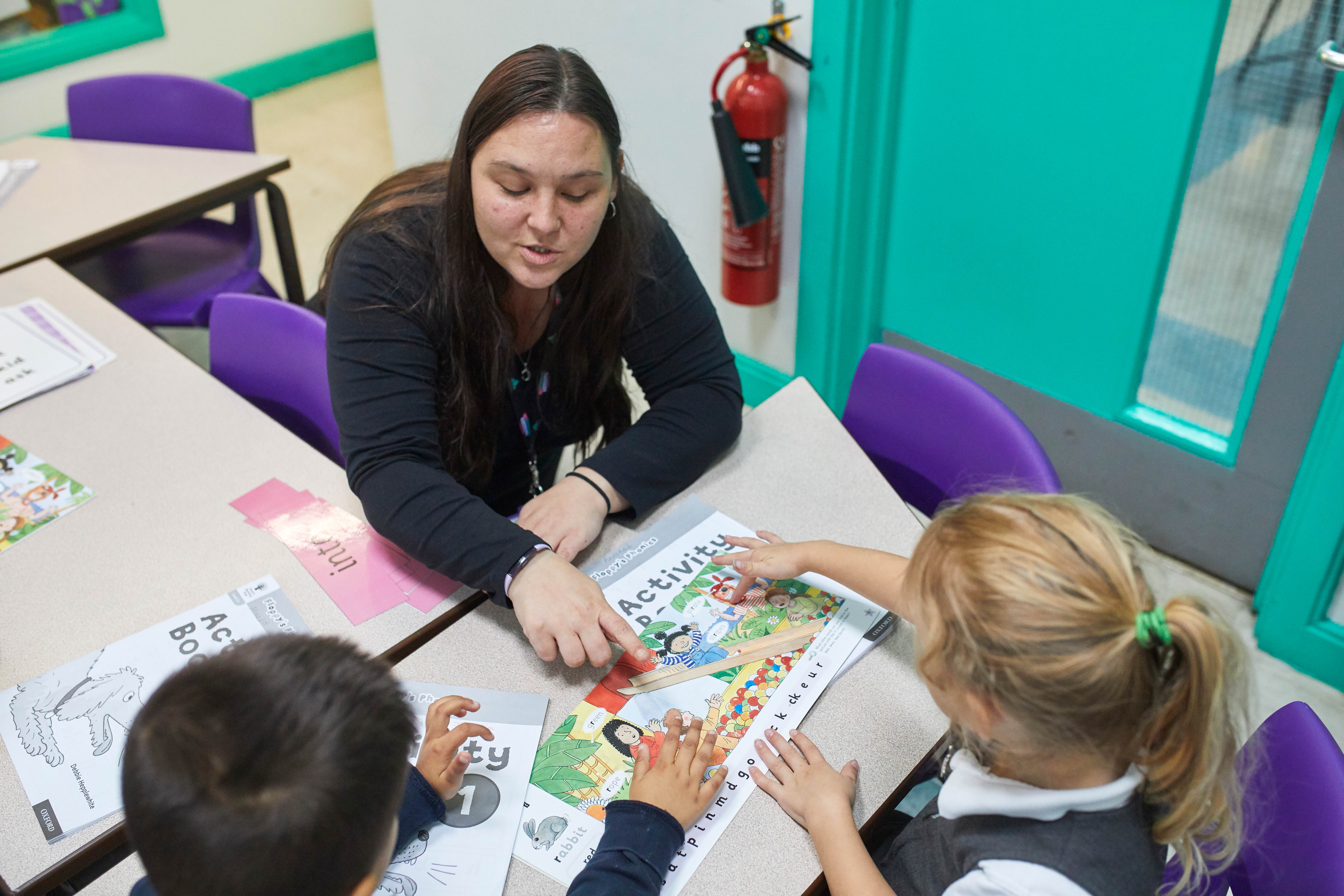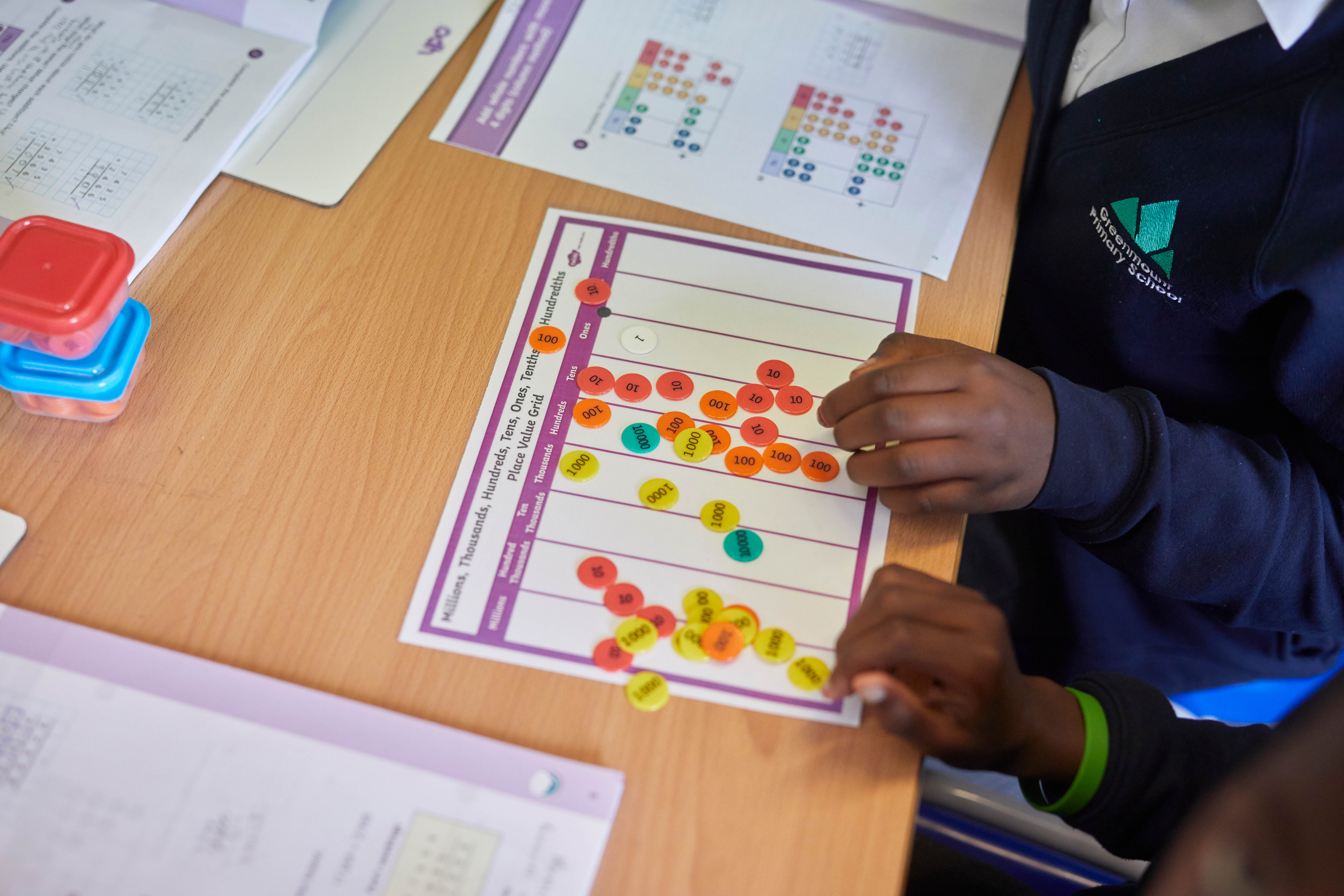SATs (standard assessment test) are a statutory assessment for pupils in year 6. Pupils are tested in English (reading, punctuation and grammar) and maths. These tests are set and marked externally. The results help measure the progress pupils have made in Key stage two.
Reading
The reading test is a single paper with questions based on three passages of text. Your child will have one hour, including reading time, to complete the test.
SPaG
The spelling, punctuation and grammar test consists of two parts: a grammar and punctuation paper requiring short answers, lasting 45 minutes, and a spelling test of 20 words, lasting around 15 minutes.
Maths
Pupils sit three papers in maths:
Paper 1: arithmetic, which consists of calculations that involve numbers, fraction, decimals and percentages. It lasts 30 minutes.
Papers 2 and 3: reasoning, which consists of a range of questions that cover all the topics taught in key stage 2. This paper contains more problem solving and reasoning style questions which are often worded. Each of these papers lasts 40 minutes.
The results of these tests are reported to parents. Each result is a scaled score. Scaled scores of 100 or more indicate that the pupil is working at the expected standard in that subject.




